
Does Biotin Cause Acne? A Comprehensive Analysis
It's an open secret that when one is looking for a healthy-looking mane coupled with strong fingernails, vitamin H (also known as biotin) is often the most practical and solid option to consider. Be it in the form of supplements, conditioners or specially-infused shampoos, this vitamin continues to lead the charge in the quest for luscious-looking hair and nails. However, given the numerous misconceptions and half-truths revolving around this subject, it has gotten many users concerned with questions like; does biotin cause acne? Or does biotin make you break out? Well, there's only one way to find out.
The myth of biotin acne is not exactly a misplaced misconception as many would have you believe. There appears to be a bit of anecdotal evidence that one of biotin side effects is acne. And unusual or far-fetched as biotin causing acne may sound, for some of us biotin and acne are connected at the hip for reasons that we will get into shortly.
Why Does Biotin Cause Acne?
Even before we get into whether or not can biotin cause acne, it is imperative to first of all investigate why one of the recognized side effects of this vitamin is those annoying pimples that we all dread. So, why does biotin cause acne?

For starters, it is imperative to bear in mind that the observation of biotin causing acne does not entirely apply to everyone. However, there are enough anecdotal reports floating around in the interwebs to suggest that biotin causes acne in a vast majority of people. You see, when biotin is consumed as a supplement, the amount of the vitamin in the gut is usually relatively higher than the rest of the B family of nutrients, particularly vitamin B5 which is also known as Pantothenic acid.
In most people, sufficient levels of this pantothenic acid are required to keep acne at bay. In other words, an imbalance in the levels of vitamin B5 and vitamin B7 can indirectly trigger a breakout that ultimately results in a catastrophic flare up if measures are not taken early enough. This, for a majority of the population, explains the biotin cystic acne nexus that has had a lot of people scratching their heads of late. It is not that supplementing with biotin will cause acne as per se, but rather it affects how well your body absorbs other important nutrients that are necessary for counteracting the severity of acne.
Here's the thing; biotin is typically absorbed using the same physiological pathways as other vital nutrients such as pantothenic acid. As such, consuming more of it impedes the body's ability to take up the other related nutrients which puts you at a risk of suffering a deficiency. Vitamin B5 deficiency, as we have seen above, increases your odds of suffering a nasty breakout which is the reason some people may tend to be under the impression that too much biotin causes acne.
Secondly, given that biotin increases the rate at which your body produces the main skin protein (keratin), it should not come as a surprise that some of this extra keratin meant to support hair growth would later go on to clog skin pores and follicles. Even worse, the extra keratin fashioned from biotin may blend with your skin's natural oils and coalesce to a sticky plug. In one way or another, this could result in blackheads, comedones and even visible cystic acne.
Does Biotin Help Acne? A Look at the Other Side of the Coin
Interestingly, on the flip side, some experts believe that biotin can be a viable way of treating acne. Which, of course, raises the tentative question; how is biotin good for acne? To be completely objective, the belief that biotin can help acne stems from a study where participants experiencing moderate to mild acne breakouts adopted an oral biotin supplement as well as an accompanying topical cream. Over the course of three months, a good chunk of them noticed a drastic and positive improvement of their acne papules or blackheads. But does biotin help acne, really? Is this enough proof?

Well, for starters, it is crucial to take the results from the above study with a pinch of salt. The biotin-containing supplement that the participants took was apparently interspersed with other ingredients (including vitamins) which may have been responsible for the improvement of acne symptoms.
How to Clear Acne Caused by Biotin?
Even before we get into the nitty-gritty of how to clear acne caused by biotin, it is vital to bear in mind that each one of us has a unique response to adopting biotin. A product that could, in one way or another, cause an acne eruption in one may not necessarily elicit the same reaction in the next person.
Having said that, remember that acne is essentially what happens when bacteria, debris and dead cells block the flow of sebum from the oil glands via the follicles. In other words, whatever that can help boost this flow could potentially be helpful in stopping biotin acne at its tracks. This includes the likes of;
- Hydration and exfoliation: Aim to take at least 8 glasses of water per day without fail. This should be paired with a weekly antioxidant scrub aimed at uncovering your pores to get rid of pore-clogging debris.
- Regular cleansing: Wash your face with a mild cleanser at least twice a day and after working out or sweating.
- Moisturization: Use a generous aloe vera-based moisturizer to help in restoring your skin's tranquility

While all this might help, the most practical way of how to avoid pimples when taking biotin, is to go with a supplement that is well-balanced enough that it does not upset how well your body absorbs and assimilates other acne-fighting vitamins such as Pantothenic acid. A good example is Wellabs Biotin and Collagen drops which has been formulated to take into account that as much as you need enough biotin to support attractive-looking locks, it shouldn't be in doses that are detrimental to your skincare goals.
In Closing
As you can see, it is quite easy to navigate around the pitfalls that may haunt your quest for a head full of gorgeous-looking hair while supplementing with biotin. Actually, a biotin acne breakout is best avoided by selecting properly-formulated multivitamins to support your pursuit for those luscious locks
Citations
-
Glynis Ablon, (2015). A 3-Month, Randomized, Double-Blind, Placebo-Controlled Study Evaluating the Ability of an Extra-Strength Marine Protein Supplement to Promote Hair Growth and Decrease Shedding in Women with Self-Perceived Thinning Hair. https://www.hindawi.com/journals/drp/2015/841570/
-
Hamid M Said, (2009). Cell and molecular aspects of human intestinal biotin absorption. https://pubmed.ncbi.nlm.nih.gov/19056639/
-
Ersilia Tolino, et al., (2018). Novel combination for the treatment of acne differentiated based on gender: a new step towards personalized treatment. https://pubmed.ncbi.nlm.nih.gov/29417793/
Products from article
We think you’ll love

Demystifying Vitamin B12: Methylcobalamin vs Cyanocobalamin- Which Reigns Supreme?

Is 10000 mcg of Biotin Too Much? A Comprehensive and Informed Take

Top 10 Running Supplements for Endurance

Does Biotin Cause Weight Gain? A Comprehensive Analysis


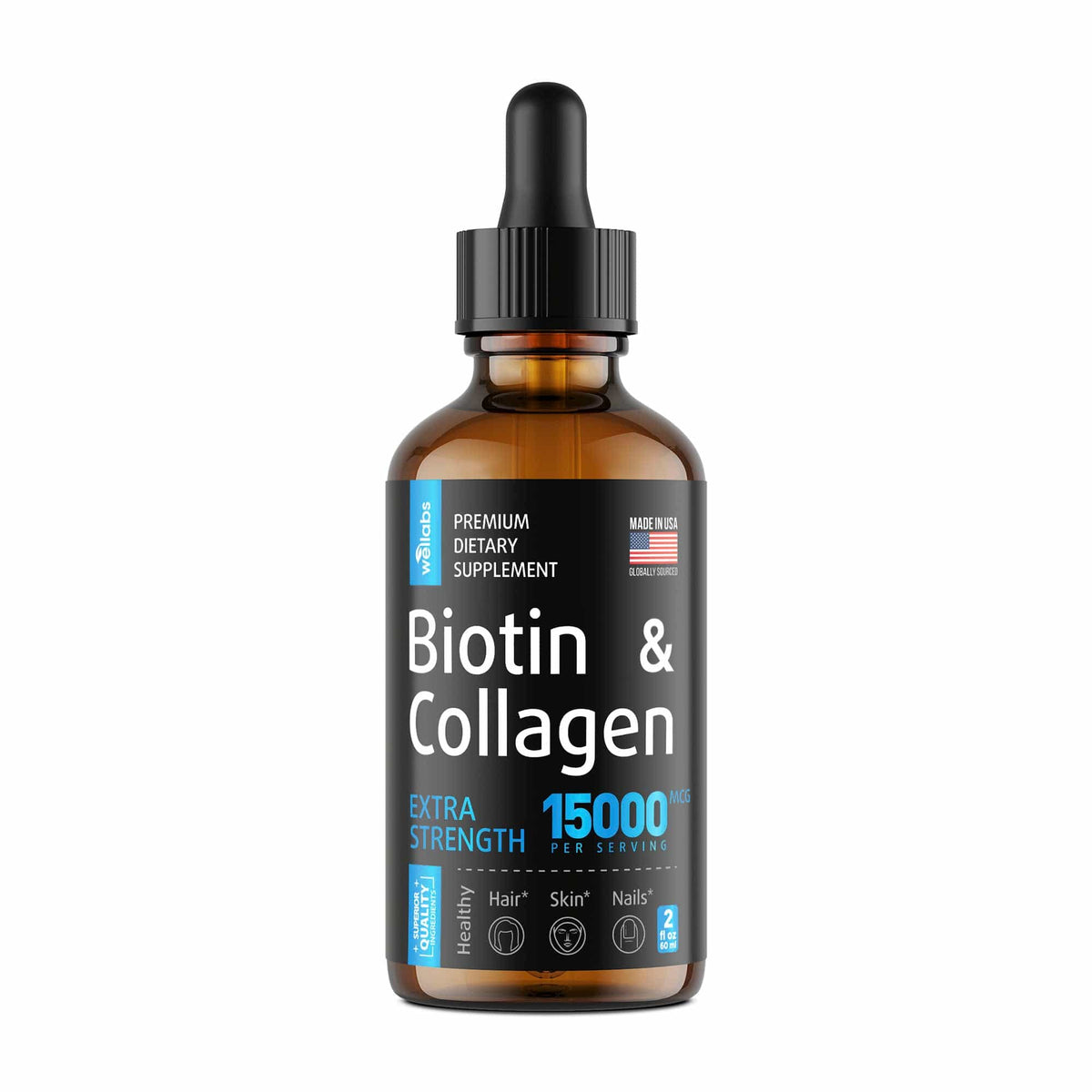
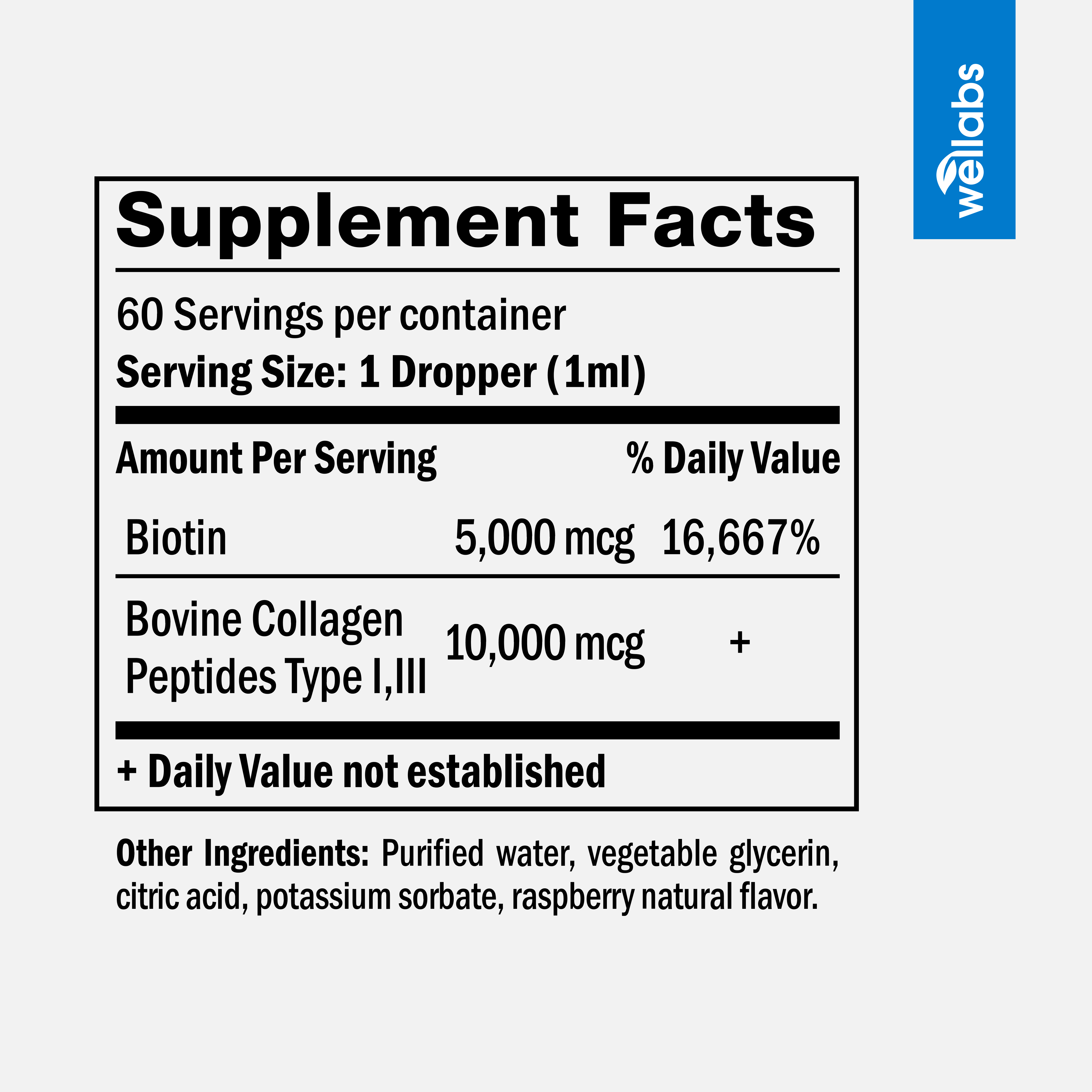
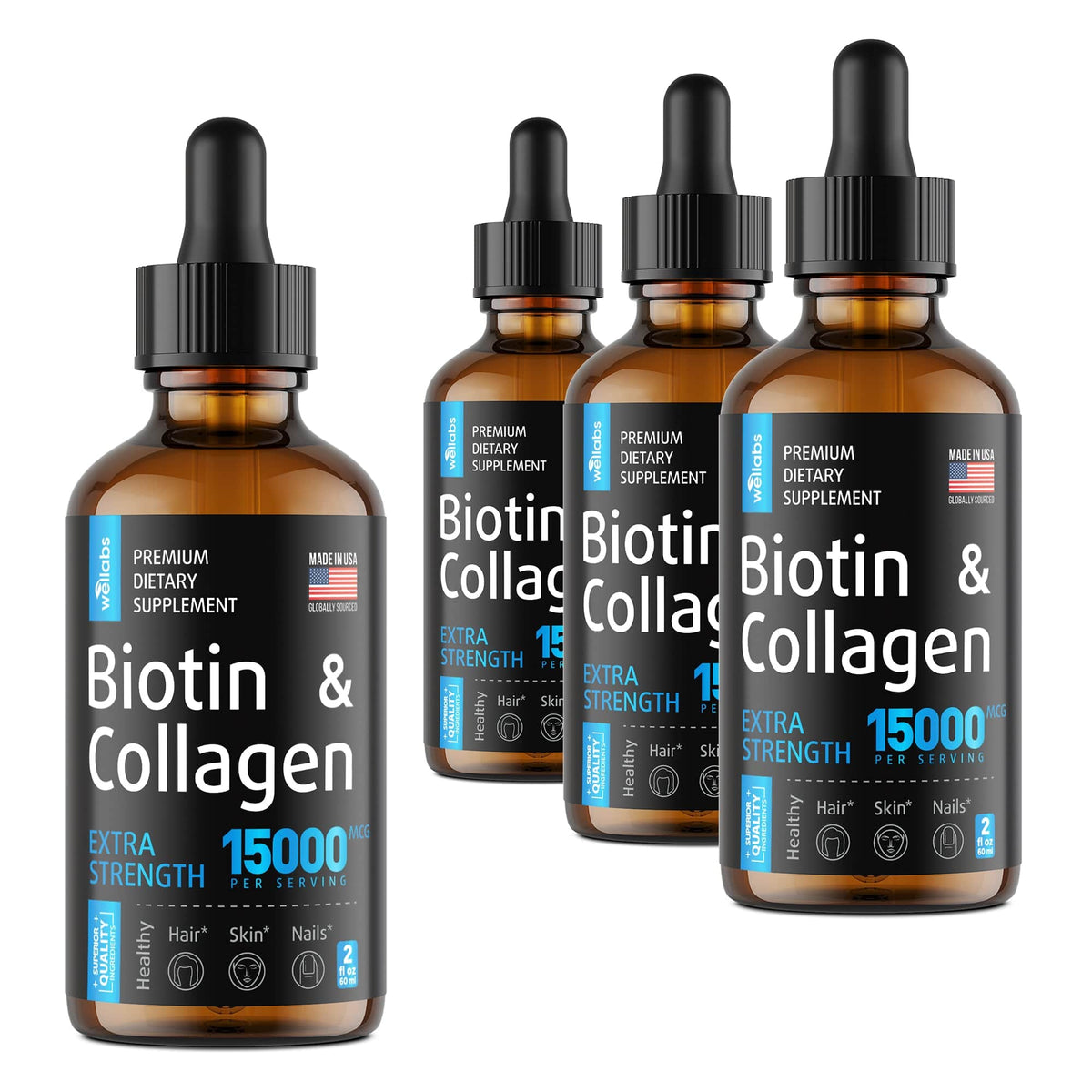
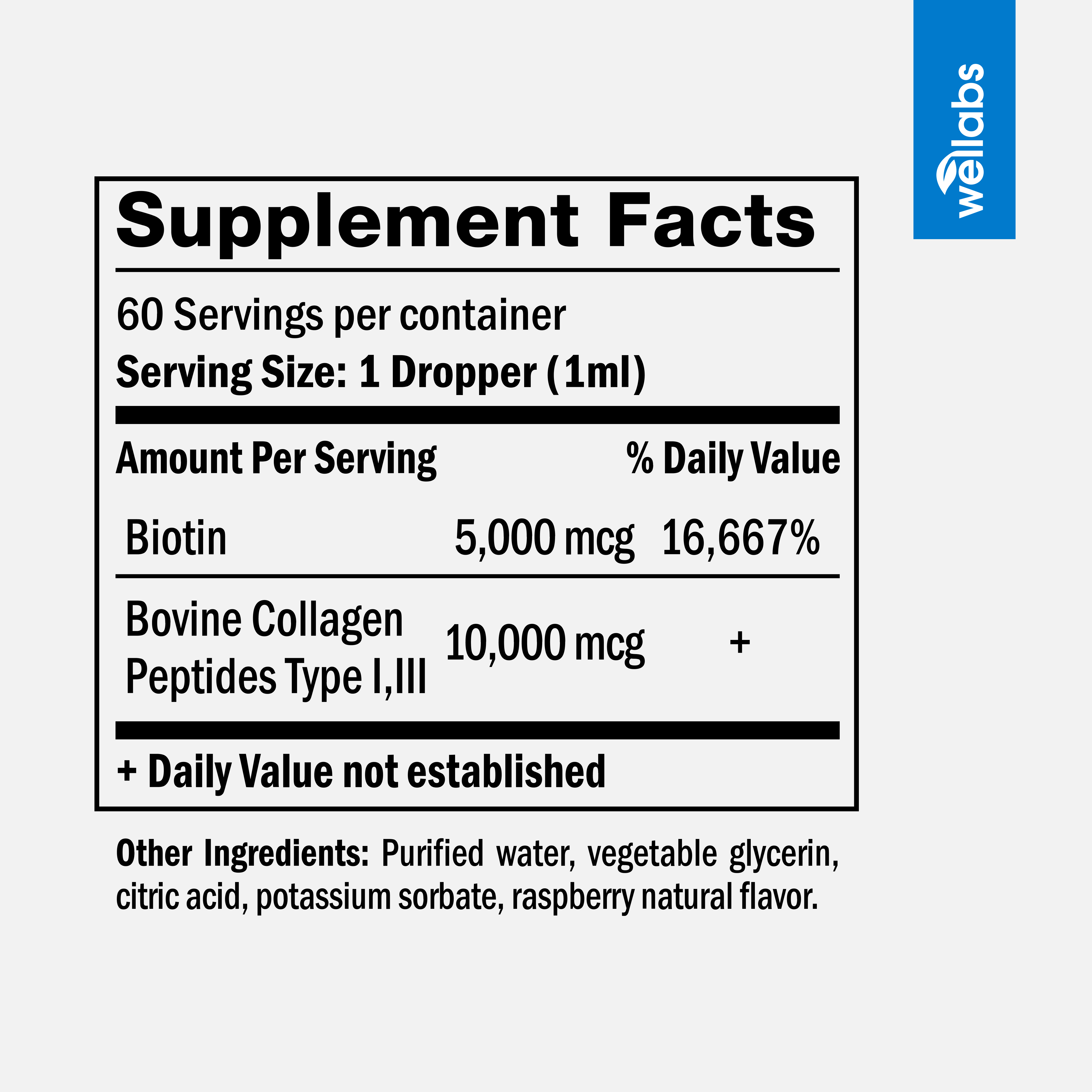
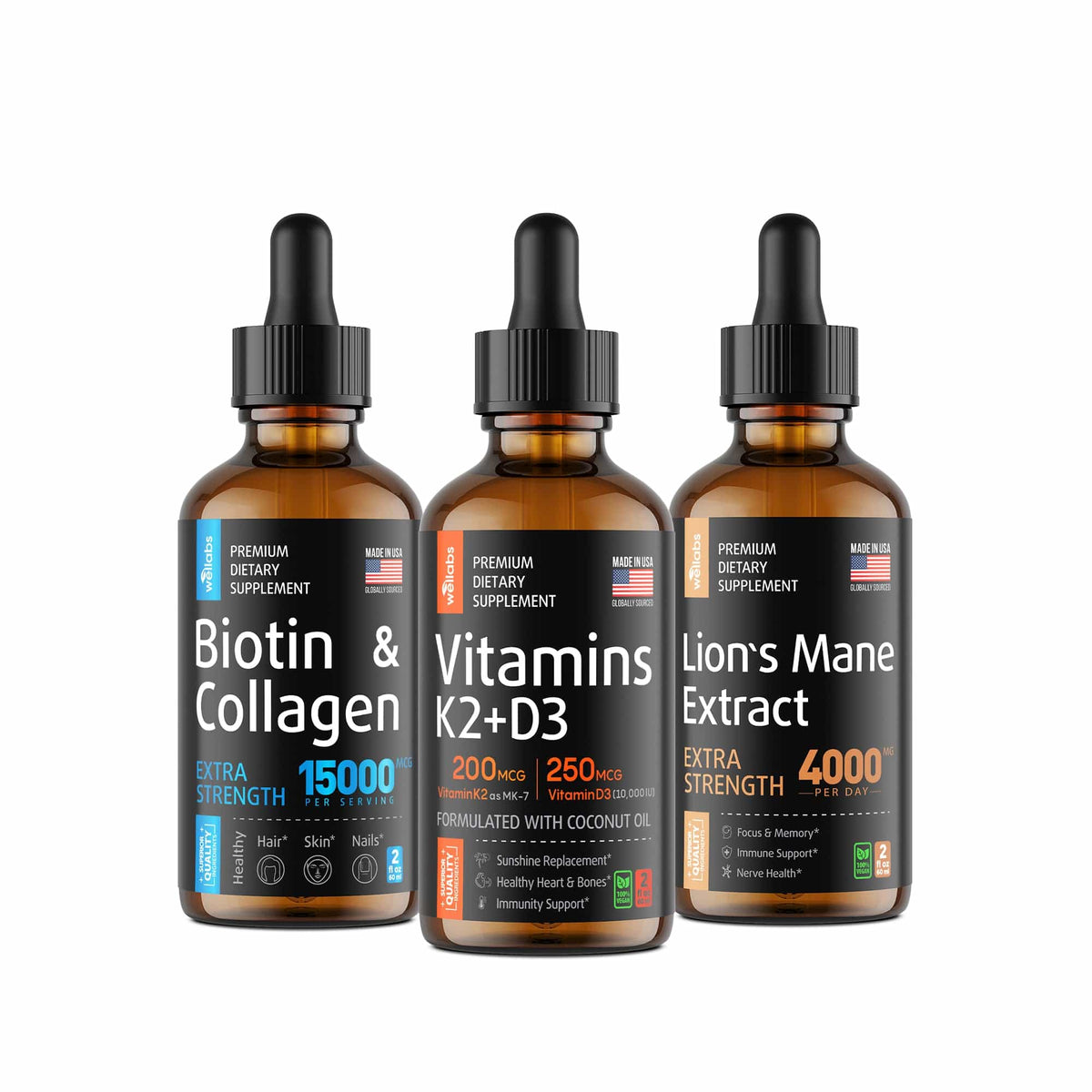
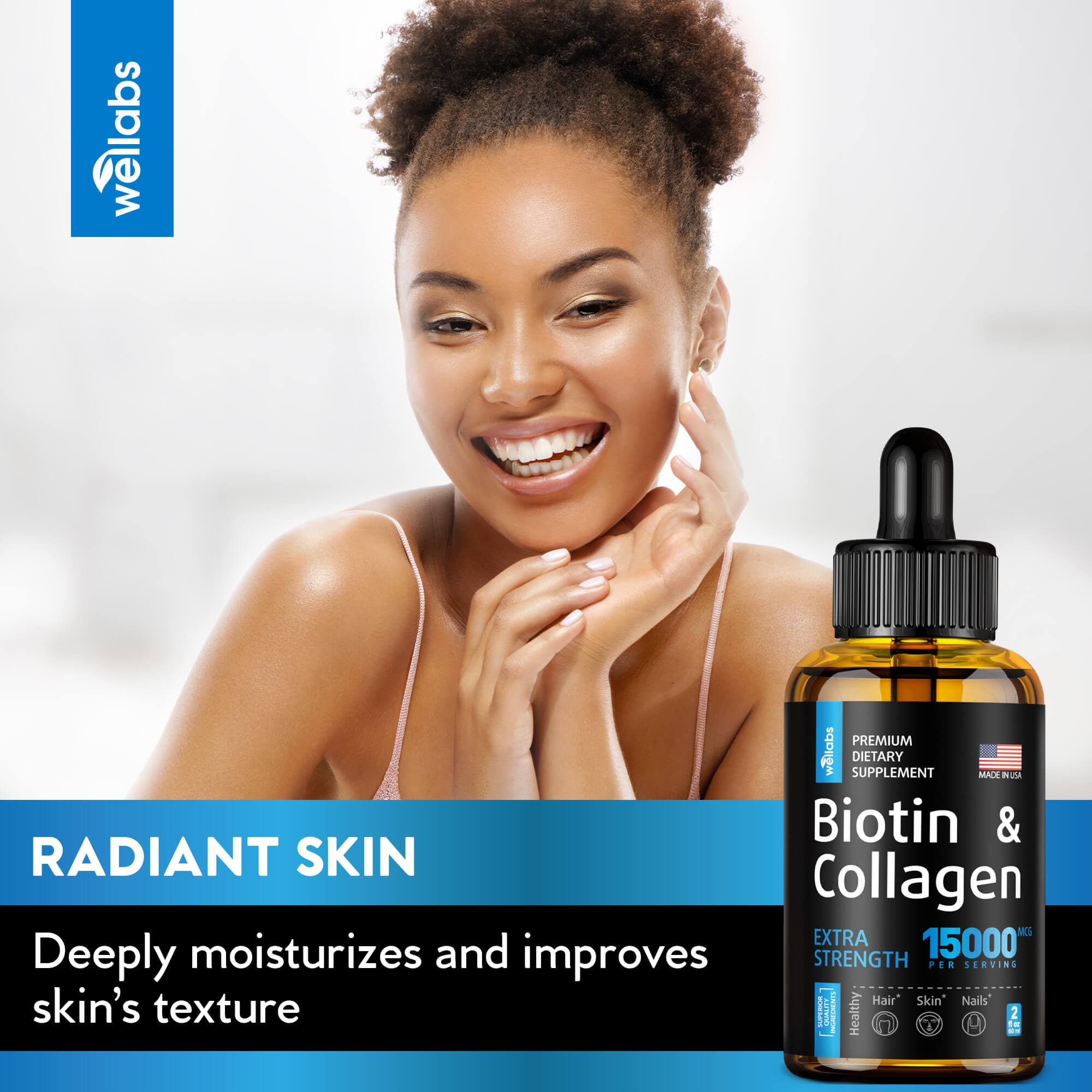
Leave a comment